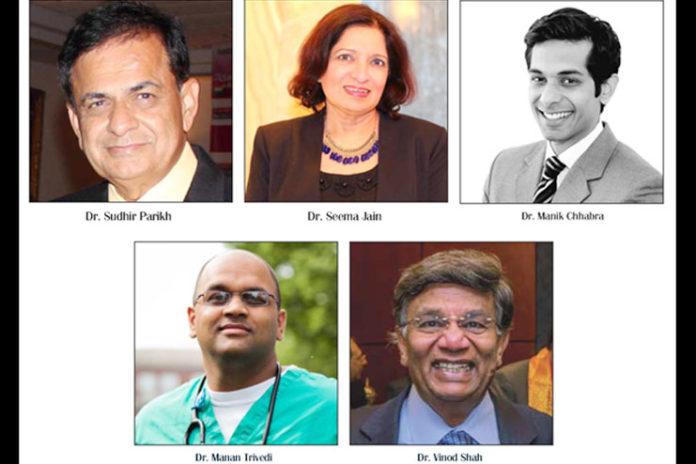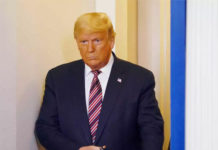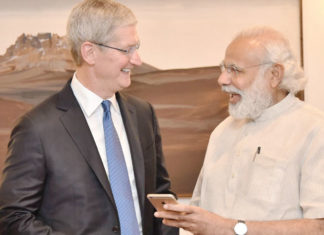Indian American doctors discuss Affordable Care Act and has been attacked and defended mainly on a partisan basis. Critics and supporters as well as consumers, have picked holes in the implementation of this system that brought an unprecedented number of Americans under the health insurance umbrella. Republicans who control Congress and the White House is calling for repealing and replacing Obamacare.
Hindu American Foundation criticises USCIRF
The general public line between supporters and critics has thinned and that is reflected in the views of physicians of Indian origin who are a significant proportion of healthcare givers in this country. At least one in seven patients nationwide is treated by an Indian-American physician.
Indian-origin physicians have worked in rural and underserved areas as part of their training, developing skills and an undeniable pride in their ability to deal with multicultural America. Former Obama supporterswant to engage in bringing about the change for the most vulnerable.
Indian-American physicians and younger practitioners reveal that those on both sides of the aisle, expect their voices heard about where taxpayer’s dollar should go in the existing healthcare system and what should be the priorities.
“Obamacare has pluses and minuses,” says Dr. Seema Jain, former president of the American Association of Physicians of Indian Origin (AAPI).
“Very high deductibles are very impractical for those covered by Obamacare,” said Dr. Sudhir Parikh, an allergist with several clinics in the New York tri-state area.
“In reality that ends up having a worse health outcome,” said Parikh who is also a recipient of India’s Padma Shri award.
“It has to be a hybrid between Obamacare and Trumpcare,” Parikh opines.
Americans favour Hinduism – Pew survey
“I welcome the discussion on how to make ACA more affordable,” Dr. Manan Trivedi, president of the National Physicians Alliance said.
“But repealing without a better replacement would be devastating,” Trivedi contends. “We are willing to discuss changes,” he said about the National Physicians Alliance.
He said, “That’s a race to the bottom. Every state would become like Louisiana for example, where the regulations are much looser.”
He concedes, “I get that businesses need to make money. But we want our patients to be covered.” As for the complaint about more paperwork, he says, “That has nothing to do with Obamacare. It has to do with insurance companies.”
“We need to figure out how doctors can be talking more to patients and documenting less and there are pilots going on for testing that model,” Trivedi said.
He said. “If everyone could sit down and discuss rather than politicize healthcare, it could work,” he emphasizes.
Dr. Vinod Shah of Maryland, a former president of AAPI said, “We spend $3.4 trillion on healthcare and half of that cost is on less than ten percent or less of the population.”
“We need to shift some of that hospital care to outpatient settings,” Shah suggested.
“There’s no real desire to go to smaller communities and set up clinics like we did 40 years ago,” Shah said.
”I view it as my obligation to serve in areas with the highest needs and where I can use my skill set,” Dr. Manik Chhabra, 35, who did internal medicine and his residency at Yale said.
“I see the changes being proposed (in ACA) as really a direct threat to my patients in inner Philadelphia,” Chhabra said.
“My patients belong to vulnerable groups – the impoverished, veterans, etc. and I strongly believe the Affordable Care Act has provided many protections and increased access.”
“Given the amount of attention to the opioid crisis in rural and urban areas, defunding Obamacare would take away billions of dollars from this area,” he feared.
“But I do think premiums are increasing but not as fast or as high as they would without Obamacare, he contends.
“If we have to make changes to deductibles or insurance plans, we have to be really careful,” he warned.“When the dust settles, the good parts of Obamacare will be kept,” according to Dr. Shah.
By Premji













































